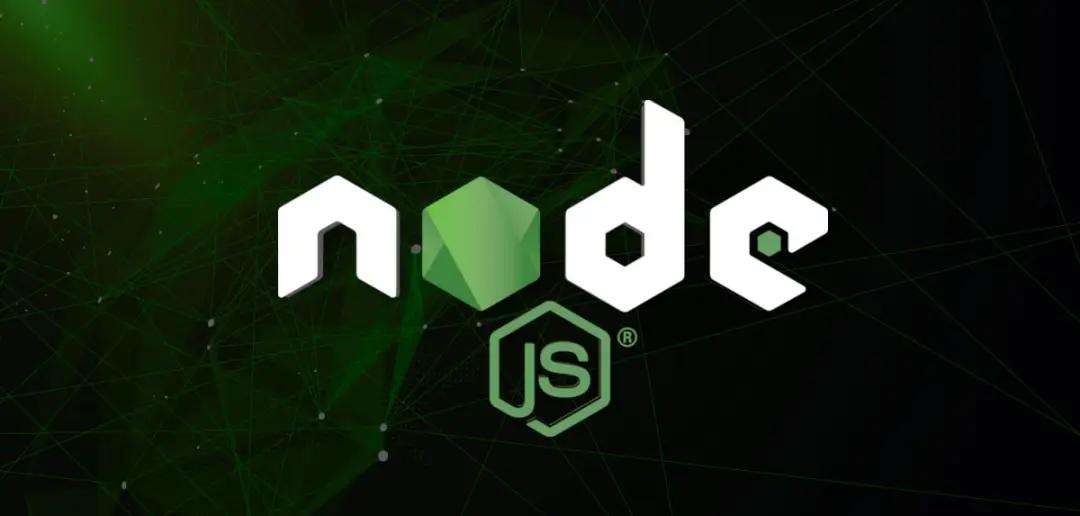Thu Apr 04 2024
The Power of Node.js: Advantages Over Traditional Server-Side Languages

Node.js has emerged as a leading choice for server-side development, revolutionizing the way developers build web applications. Its unique architecture and powerful features offer several advantages over traditional server-side languages. In this article, we'll explore the key advantages of Node.js and why it has become the preferred choice for modern web development.
1. Fast and Scalable
Node.js uses JavaScript in the backend, and that’s enough to understand how fast the codes execute. Moreover, it runs on the Google’s V8 engine, which compiles the JavaScript directly into machine code making it faster than most. Thanks to its asynchronous nature, Node.js is great for apps that need a real-time response, such as chatting, online games, video conferences, etc. Node.js does hold all the aces in backend development. It is one of the major advantages of using Node.js for web applications development.
2. The Ever-Growing NPM
Being an open-source technology, node.js has a shared repository of good-to-go tools and modules. The number of modules in the Node Package Manager (NPM) has increased at a considerable pace, just on the verge of overtaking the RoR (Ruby on Rails) gems. Node.js has NPM - a registry of more than 350k free tools for a variety of use cases.
3. Real-Time Web Apps
The event-driven architecture of node.js is appropriate for real-time applications, especially chat applications and games. As both the client-side and the server-side are written in JavaScript, the synchronization process is better and quicker. WebSocket protocol comes into picture here.
4. Productivity
The productivity of a web app increases several folds with node.js because a lot of time is saved in between the lines. Merging the front-end and back-end into a single entity makes it efficient. That also implies a lesser number of employees and more profit on your side. PayPal reported 2 times to increase in developer productivity after using node.js.
5. Build APIs
If you're looking to build APIs It's perfect for handling lots of requests that are I/O driven (e.g. operations on a database) and scales very nicely.
6. Full-stack JavaScript
Node.js is the only option for backend in JavaScript so if you’re planning to develop the full stack way, Node.js is a must-have.
7. Perfect for Microservices
Node.js is a go-to technology to create microservices - the architecture logic involving small manageable modules instead of a code monolith.
8. Asynchronous I/O
It's built to handle asynchronous I/O from the ground up and is a good match to a lot of common webs- and network-development problems. In addition to fast JavaScript execution, the real magic behind Node.js is called the Event Loop. To scale to large volumes of clients, all I/O intensive operations in Node.js are performed asynchronously.
9. Streams in Node.js
As Node.js is event-driven, tackling of I/O bound tasks are extremely good. The streams are UNIX pipes which make it easy reading the data from the source and pipe it to the destination.
10. Different Modules
Availability of file system I/O, networking binary data, data streams, and other functions are important. Node.js modules use an API designed to reduce the complexity of writing server
11. Supports Multiple-Platform
Applications can run on MacOS, Microsoft Windows, NonStop, and UNIX servers.
12. Different from PHP
Node.js is primarily used to build network programs such as Web servers. The biggest difference between Node.js and PHP is that most functions in PHP block until completion while.
13. Supports C and C++
Node.js supports c and c++ for speed up the processing. Its Add-ons are dynamically-linked shared objects, written in C++, that can be loaded into Node.js using the require() function, and used just as if they were an ordinary Node.js module. It's primarily used to provide an interface between JavaScript running in Node.js and C/C++ libraries.
14. Active Community and Support
Node.js benefits from a thriving community of developers, contributors, and enthusiasts who actively contribute to its growth and evolution. The open-source nature of Node.js fosters collaboration and innovation, resulting in frequent updates, enhancements, and new features. Additionally, the availability of comprehensive documentation, tutorials, and online resources makes it easy for developers to learn, troubleshoot, and master Node.js, ensuring that they have the support they need to succeed.
Beyond the Advantages: Choosing the Right Tool
These are just a few of the many advantages of Node.js that you should consider when choosing the technology for your next project. Using Node.js as your server technology gives you a great boost that comes from using the same language on both the front end and the back end. But, It's important to remember that Node.js isn't a one language that fits all solution. While it offers significant advantages, other languages might be better suited for specific scenarios. Here's a brief comparison:
- Java: For large-scale enterprise applications requiring higher performance and robust security, Java remains a strong choice.
- Python: If data science integration or rapid prototyping is a priority, Python's versatility and readability might be preferable.
- PHP: For projects requiring a mature ecosystem and focus on content management systems, PHP is a well-established option.
Conclusion
Node.js has emerged as a dominant force in the world of server-side programming, thanks to its non-blocking, asynchronous architecture, JavaScript-centric approach, lightweight and scalable design, rich ecosystem of modules and packages, and active community support. By harnessing the power of Node.js, developers can build fast, scalable, and efficient applications that meet the demands of today's dynamic digital landscape. As Node.js continues to evolve and gain widespread adoption, it will undoubtedly remain at the forefront of server-side development for years to come.